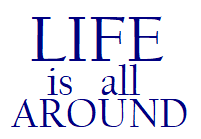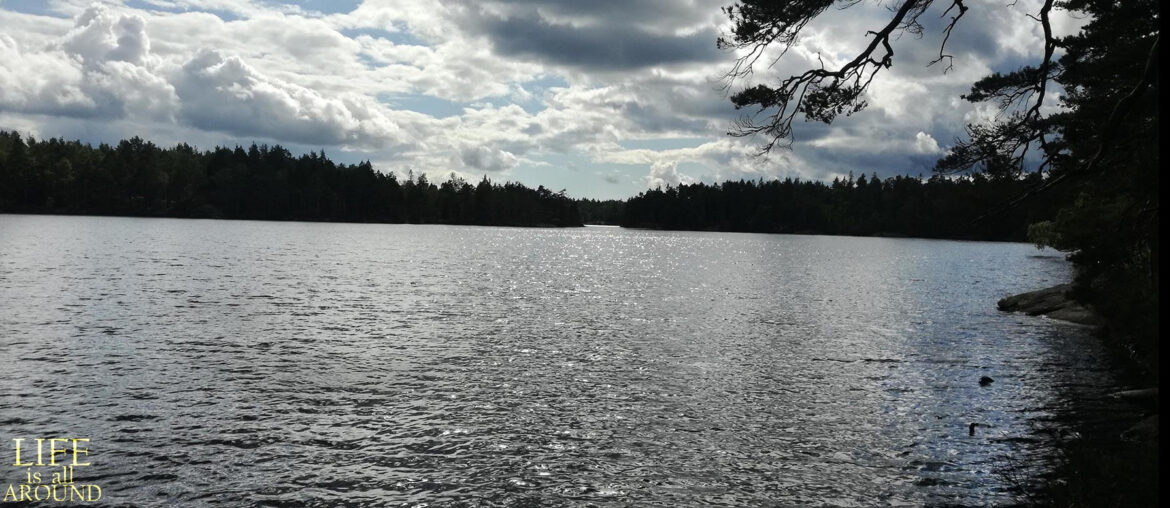To most people, hope is a positive emotion worth having. However, as with everything in life, sometimes hope works miracles, and other times we may be better off without hope. And it all boils down to expectations. So here is a perspective on when to hope and when not to.
How hope and expectations come together
When you hope for something specific, you inevitably have some expectations. Because you hope and want something to happen, you expect it in your life. It is a natural cause and effect.
At the same time, if you are hopeful in general, not for something in specific, then this is a lovely emotion to have. In essence, that means you expect positive and loving things to happen to you and the people around you.
The only difference is that you do not specify those “things”. The moment you specify those things, you immediately form some expectations. And when you have some expectations, you risk getting disappointed if these expectations don’t happen exactly as you hoped.
Let alone the fear of failure that comes when you expect something specific to happen in your life. Hoping for a particular event to occur often creates a fear of whether this event will happen.
How the willingness to put an effort matters
Have you noticed that some people use the excuse of hope to avoid action? They just hope something will occur in their lives, but they are not willing to take action to make it happen in the first place.
For example, imagine you hope to have a joyful life. If you hope such a thing, you unconsciously admit you are not happy today and abruptly wish it will somehow happen. However, if you knew your interiority is your making, instead of hoping, you would know that you can have a joyful life, shall you wish and strive for it.
In short, if you hope for something in your life, prepare to work towards it and don’t leave it to fate, luck, or however you call it. Of course, the more you think and believe something will happen in your life, the more chances it will occur.
So in that perspective, hope is valuable and an indispensable part of the 3-step approach to making a desire happen. The argument here is that on top of hope, if you are prepared to put in the work, the chances of success multiply.
When to hope and when not to?
If the above two sections sound contradictory, it is because they are. First, being hopeful in general is a pleasant state to be in and preferable to being hopeful of something. At the same time, if you don’t hope for specific things to happen, then your life risks staying stagnant.
So, how to address that contradiction? From one perspective, balance is key since every situation is different. From another angle, you can distinguish between physical and spiritual matters.
When it comes to spirituality and your interiority, don’t hope for anything because it is all your making. Especially when you meditate or pray, don’t expect any results or rewards from your effort. Just be with the process and let the magic unfold on its own. There is no need to cloud the fruits of your actions with hope and expectations.
Regarding physicality and matters of the world, be hopeful in general. The world can become a better place just by everyone being hopeful and optimistic. Plus, when you want and hope for something specific to happen in your life, prepare to handle your expectations and remember to put effort into making your hope happen.
Takeaway
- When it comes to spirituality and your interiority, don’t hope for anything because it is all your making. Just be with the process and let the magic unfold on its own.
- Regarding physicality and matters of the world, be hopeful in general.
- When you want and hope for something specific to happen in your life, prepare to handle your expectations and remember to put effort into making your hope happen.



